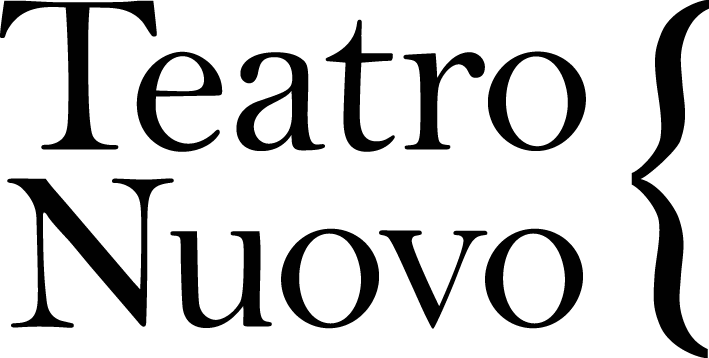John Fane, Lord Burghersh: Amor soave
Madison Marie McIntosh and Will Crutchfield
John Fane (1784-1859) was an exemplar of the well-rounded accomplishment idealized, though not often so thoroughly achieved, by the landed gentry of the British Empire. He was Lord Burghersh by birth, educated at Harrow and Cambridge, 11th Earl of Westmoreland upon his father’s death in 1841, and a serious soldier who saw combat in multiple theaters and remained officially on active duty all his adult life, rising to the rank of General at age 70. In the peculiar way that was possible for the English nobility at the time, he had a parallel career as a Member of Parliament and a diplomat, serving as Great Britain’s chief representative successively in Tuscany, Prussia, and the Austrian Empire over a span of more than four decades.
Engraved portrait of John Fane in 1829, courtesy of the British Museum
The Tuscan part is of the most interest here. Fane was an accomplished violinist from youth, and devoted enormous time and effort (and money) to his side-career as a composer. He had a spacious villa in what is still today called the “Chiantishire” - the countryside near Florence and Siena noted for its ample population of wealthy Britons - with a private theater in which several of his seven completed operas were performed. For one of these, Fedra, he engaged G.B. Velluti, the last star castrato in opera’s history, and in 1825 he used his influence to have the singer engaged by the King’s Theatre in London, which had not heard a male soprano on its stages since 1801.
Engraved portrait of G. B. Velluti, probably around 1815
The stories of Velluti in London are many and colorful, but for Bel Canto singers today the most important result was the publication of a great many samples of his vocal ornaments, hailed throughout Europe as inventive and novel. In fact it was Velluti who popularized many new turns of phrase that became essential to the musical language of Bellini, Verdi, and Chopin. Several of these publications featured the compositions of Fane, by then a close friend of the singer, and one of these is the song recorded here.
Fane also founded and endowed the Royal Academy of Music in 1822, and installed Velluti as one of its two vocal instructors in 1825. The institution still flourishes today and counts among its many successful alums both Simon Rattle and Elton John.
Amor soave,
Spirto del cielo,
Vieni, ti supplico,
Vieni con me.
Non sento ardore,
Non sento zelo;
In me languida
È ancor la fè.
Tutto è in me
Languore e gelo,
Oh mio bell’angelo,
Senza di te.
Come per nubi
S’oscura il cielo
Che già di vivida
Luce splendè,
E come il fiore
Sul tronco stelo
La prima rosea
Beltà perdè,
Tal su miei giorni
Si sparse un velo,
Oh mio bell’angelo,
Lungi da te.
Sweet love,
spirit of Heaven,
come, I implore you,
come with me!
I feel neither zeal
nor ardor;
my faith still
languishes.
Everything in me is
languor and ice,
my fair angel,
without you!
Like the sky
obscured by clouds,
which was before
so vividly illuminated,
like the flower
on a cut branch,
losing its
fresh beauty,
thus over my days
a veil is drawn,
my fair angel,
when far from you!
